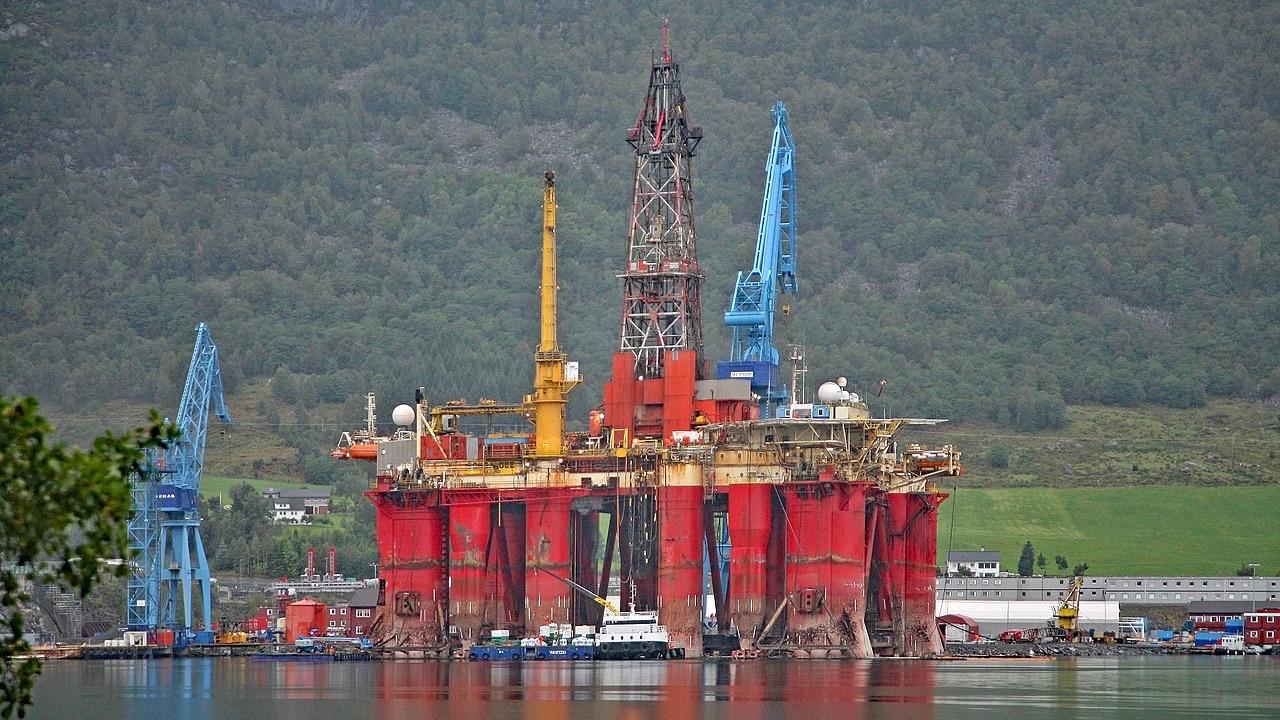In Europe’s rush to wean itself off of Russian energy since the invasion of Ukraine, Norway has become an increasingly important supplier.
Last year, the Nordic energy powerhouse became the top exporter of natural gas to Europe, boosting its production by about 8%. And with prices high, government revenues from the oil sector nearly tripled last year.
These boom times are apparent in the west coast city of Stavanger, Norway’s energy capital. The city government is using some of its budget windfall to make public transit free for residents, and the hustle and bustle has returned to the city after a pandemic lull.
“The activity has definitely increased the last couple of years,” said Kolbjørn Andreassen, who works for the industry group Offshore Norge.
Andreassen, walking through a humming downtown harbor area near the city’s well-preserved historic center, said that traffic jams are back and dinner reservations have grown harder to nab.
“If you go to a restaurant today and try to book a table, the most-popular restaurants will be fully booked,” he said. “Even on Mondays.”
Those inside the industry say conversations and attitudes about the oil and gas industry have shifted since the war in Ukraine started.
Jez Averty, a vice president at Equinor, which produces more than two-thirds of Norway’s oil and gas, said he believes their product is now seen as more important than it was before the war.
“It was probably important before. But it was a lot less visible,” Averty said, adding that sky-rocketing energy prices and energy shortages changed that for many Norwegians.
Last year, oil and gas production was named a “fundamental national function,” and Averty pointed out some companies were brought under the country’s National Security Act.
Averty said that this move “illustrates how important, strategically important, the oil and gas industry is now considered both for Norway and how important that is for Europe.”
Kjersti Dahle, a director at the Norwegian Petroleum Directorate, saw the prewar conversation about oil and gas was focused on the harm it does to the environment. Now, she said, energy security is also part of the conversation.
“The view of the oil and gas industry has become somewhat more balanced.”
“The view of the oil and gas industry has become somewhat more balanced,” Dahle said.
Outside of Norway’s energy capital, environmentalists and Green party members see what Dahle calls balance as a dangerous step backward for the country’s climate policy.
“If you go back to the autumn of 2021 with the huge climate marches, we really saw a change in the sentiment of the oil industry in Norway,” said Frode Pleym, the leader of Greenpeace Norway. A corresponding policy shift “started to actually move from nice words about climate to acting on climate.”
Pleym said that all changed when Russia launched its full-scale invasion of Ukraine in February 2022.
“Now, the argument was [that] Norway needs to be a stable producer of oil and gas to Europe,” Frode said. “Otherwise, [Vladimir] Putin will hold Europe at ransom.”
There is indeed more investment going into the Norwegian oil and gas industry. In June, the government approved the development of 19 new oil and gas fields.
Dahle at the Norwegian Petroleum Directorate said maintaining even current production levels would require increased investment in exploration and extraction technology.
“In order to produce more, we need to find more, and we need to be able to produce more from the fields that are in production,” she said.
New oil and gas fields take years to develop, and once online, can operate for decades.
Dahle and her colleagues say it’s too early to say whether high prices and demand triggered by the war in Ukraine will mean more production in the future.
But that’s what climate activists are worried about.
According to the International Energy Agency, building new fossil fuel projects will make meeting the world’s most-ambitious climate target impossible.
“It’s contradictory to the commitments we’ve made in the Paris Agreement,” said Ingrid Liland, a leader with Norway’s Green Party. “Contradictory to the goals we have for reducing climate emissions.”
Equinor, which the Norwegian government owns a majority stake in, plans to maintain its exploration levels for oil and gas. Averty said that the decision was made about two years ago, prior to the Russian invasion of Ukraine.
“What I think the war in Ukraine did was show to the external world that this was, in fact, very necessary and significantly increased support for that decision,” Averty said.
It increased support among some people. But others are suspicious that the war in Ukraine is providing an excuse to plan for more oil and gas drilling instead of winding it down.
